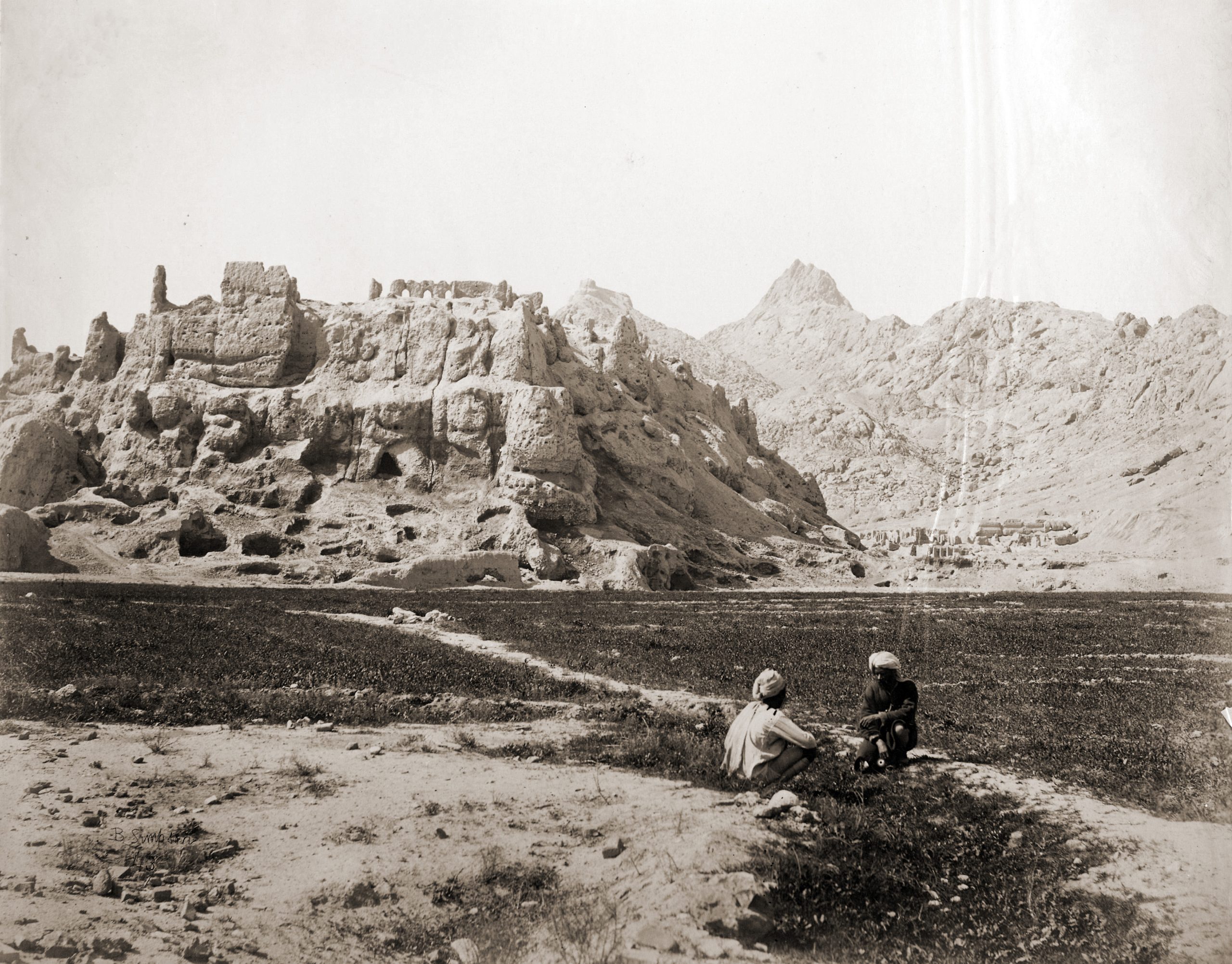
Translating the Past: Transtemporal Mediations of Central Asia | Sixth Meeting of the Hellenistic Central Asia Research Network
March 26–28, 2026, Wrocław, International Conference
Organizer: Institute of Classical, Mediterranean, and Oriental Studies, Faculty of Languages, Literatures, and Cultures, University of Wrocław, Poland; Hellenistic Central Asia Research Network
Supervision: Dr. Olga Kubica | Email: olga.kubica2@uwr.edu.pl, hcarn6@gmail.com
The conference examines translation—linguistic, artistic, institutional, and historiographical—as a key process shaping cultural exchange, adaptation, and historical interpretation in Hellenistic Central Asia.
Call for Papers
Translating the Past: Transtemporal Mediations of Central Asia
Sixth Meeting of the Hellenistic Central Asia Research Network
26-28 March 2026 | Institute of Classical, Mediterranean and Oriental Studies, Faculty of Languages, Literatures and Cultures, University of Wrocław, Poland
We are pleased to announce the call for papers for the upcoming 6th conference of the Hellenistic Central Asia Research Network (HCARN), “Translating the Past: Transtemporal Mediations of Central Asia,” dedicated to exploring the complexities of Hellenistic Central Asia through the lenses of history, archaeology, and classical studies.
Conference Theme:
Translation, in its broadest sense, provides a powerful metaphor for understanding historical change, cross-cultural interaction, and the ways in which scholars engage with the past. This conference seeks to examine how the historical actors of Hellenistic Central Asia—Greeks, Persians, nomadic groups, and others—engaged in acts of translation, adaptation, and reinterpretation as they navigated new political, cultural, and linguistic landscapes. Simultaneously, we consider how modern scholars translate the past, rendering ancient words, images, and material remains into present-day narratives and frameworks.
At the core of this inquiry is the concept of transtemporality, which highlights the movement of meanings, symbols, and institutions across time. By exploring how ideas and cultural forms were translated not only across geographical and linguistic boundaries but also through different historical periods, we aim to uncover the processes through which the past is continually mediated and reimagined. Hellenistic Central Asia was a region of immense cultural fluidity, where institutions, artistic motifs, religious symbols, and political ideologies were constantly being reworked and recontextualized. Translation was not merely linguistic but also institutional, visual, and conceptual. How were administrative structures transferred across cultural boundaries? How were Greek artistic and architectural forms appropriated and transformed in new settings? How did local traditions reshape Hellenistic identities, and vice versa? By foregrounding translation as both a historical process and a methodological challenge, this conference aims to refine our understanding of cultural change and continuity in Central Asia.
Suggested Topics:
We welcome contributions that engage with translation in its many forms, including but not limited to:
- Linguistic and Literary Translation: The adaptation and transmission of Greek, Aramaic, Bactrian, and other languages; the circulation of texts and ideas across cultural boundaries.
- Administrative and Institutional Transfers: The adaptation of Greek-style governance, legal codes, and urban planning in Central Asia; interactions between Greek and local political structures.
- Material and Artistic Translations: The reproduction, modification, and hybridization of artistic forms, religious iconography, and architectural styles.
- Religious and Ideological Syncretism: Processes of conceptual translation in the fusion of Greek and local religious traditions, cult practices, and cosmological frameworks.
- Historiographical and Archaeological Interpretation as Translation: The role of scholars in translating the past into contemporary frameworks; challenges of interpreting fragmentary evidence.
- Movement and Mediation: The role of intermediaries (merchants, scholars, rulers, and artisans) in translating cultural forms and ideas across regions.
Submission Guidelines:
- Abstracts should be no more than 300 words, clearly outlining the research question, methodology, and key findings.
- Author Information: Include name, affiliation, email address, and a brief academic biography (max. 150 words).
- Format: Submit in PDF or Word format.
- Deadline for Submission: 30 June 2025.
- Notification of Acceptance: 30 September 2025.
Contact Information:
For submissions and inquiries, please contact hcarn6@gmail.com.
By examining translation as a dynamic and multivalent process, this conference seeks to foster new perspectives on the histories of Hellenistic Central Asia and their continued resonance in scholarly discourse.
